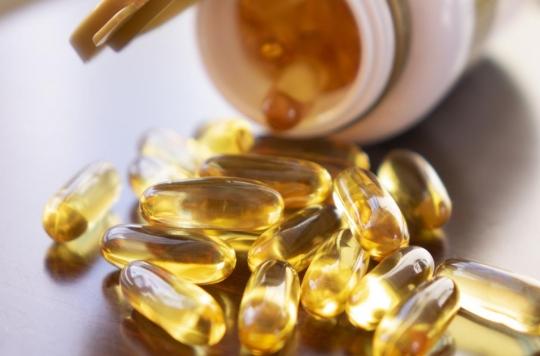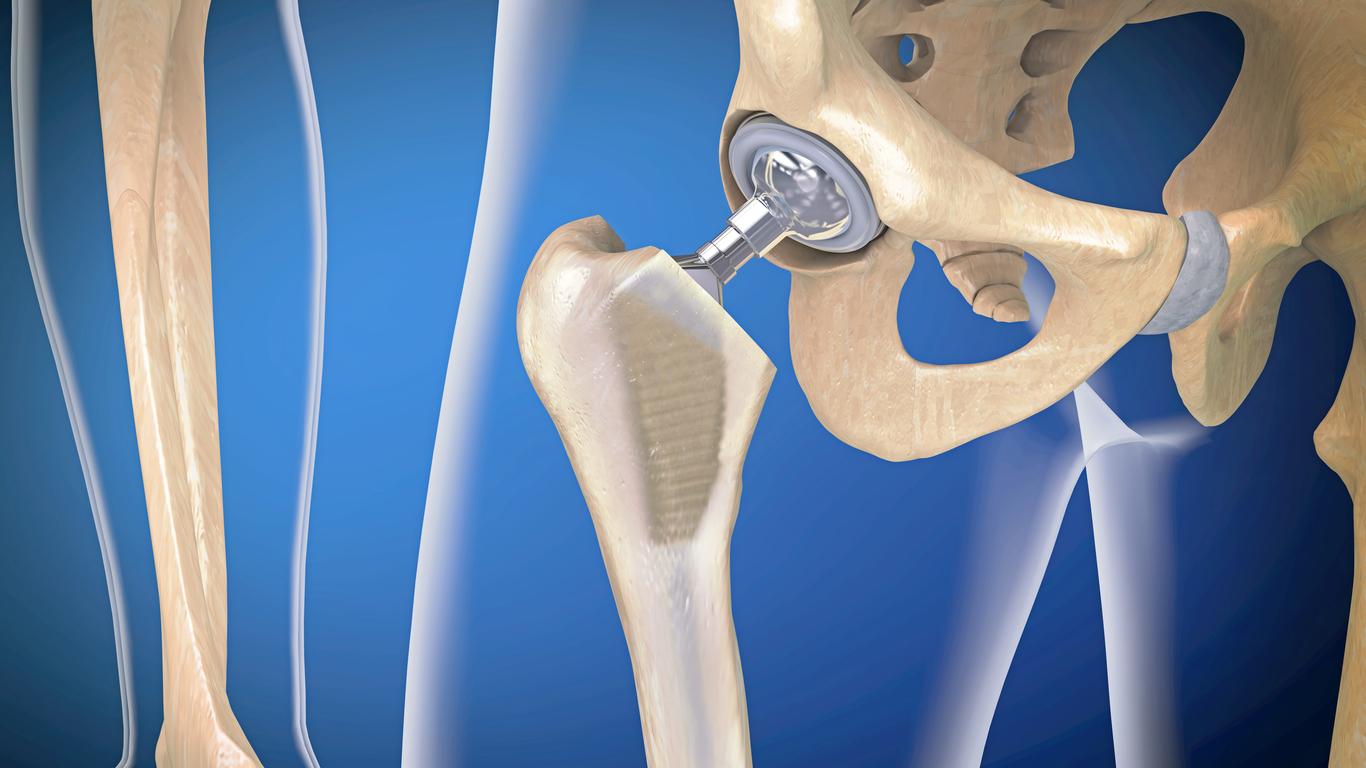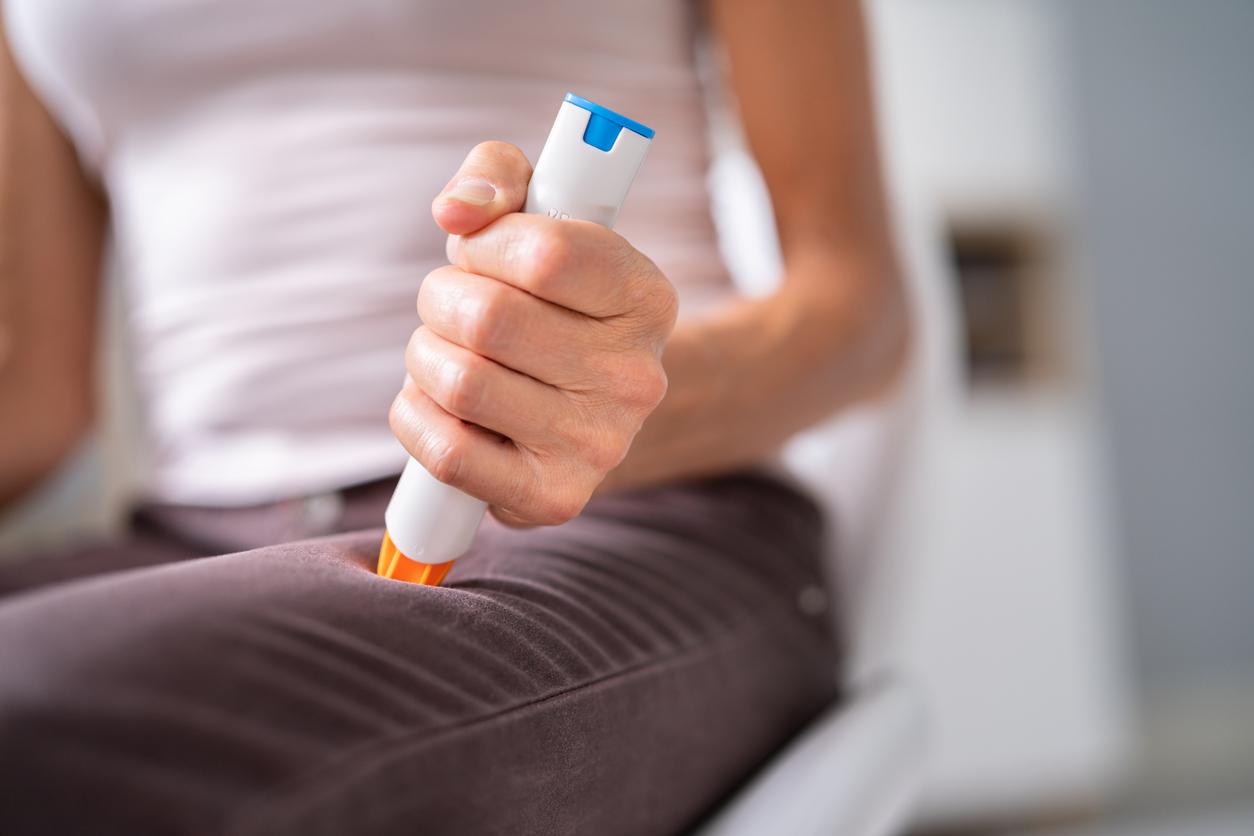The National Medicines Agency warns parents against food supplements after several cases of vitamin D overdose in children.

- Too much vitamin D can have serious consequences in children
- The main risk is kidney damage such as lithiasis / nephrocalcinosis (calcium deposit in the kidney)
- Many products have no reliable dosage details
“Cases of vitamin D overdose have recently been reported in young children following the intake of food supplements enriched with vitamin D”, alerts the ANSM in a press release. These cases are manifested by hypercalcaemia (excessive level of calcium in the blood) which can have serious consequences, such as kidney damage such as lithiasis / nephrocalcinosis (deposit of calcium in the kidney).
Big risks for infants
As a result,“we are alerting health professionals and parents to the risk of overdose associated with the administration of vitamin D-based food supplements in children, and in particular infants”, continue public health experts.
The use of vitamin D food supplements in children is risky for the following reasons: the sometimes very high vitamin D concentration per drop (up to 10,000 IU); the absence of recommended doses according to age; the risk of dosage error when switching from drug to food supplement or when changing food supplements; the presence on the market of a large number of products with different concentrations/dosages, sometimes within the same brand (products labeled differently with a risk of confusion, or even accumulation of doses, in the event of association between products containing vitamin D); the presence in the food supplement of other vitamins (example: vitamin K, for which there is no recommendation for daily administration to children) or high-dose calcium.
Prioritize drugs over dietary supplements
To prevent these risks, the ANSM asks health professionals and parents to:
– give preference to drugs over food supplements;
– check the doses administered (check the amount of vitamin D per drop);
– do not multiply products containing vitamin D.
“An update of national recommendations for vitamin D doses for children is currently underway”, adds the ANSM. These will align with the European recommendations, namely 400 IU per day from 0 to 18 years in healthy children without risk factors, and 800 IU per day from 0 to 18 years in children with risk factor.
In addition, ANSES will soon publish an update of the nutritional guidelines, including those for vitamin D, aimed at improving the intake provided by food.















